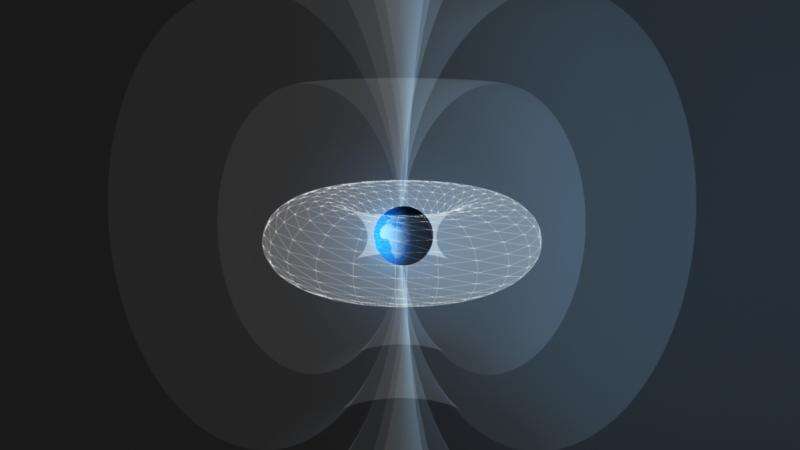Best of Last Week—Earth's leaking atmosphere, stopping ransomware and marijuana found to dull reward response

(Science X)—It was a good week for space exploration as a team of researchers from the U.S. and Italy detected radio emissions from a nearby brown dwarf—which made it one of the most faint, ultra-cool dwarfs yet discovered. And a team led by researchers at the University of Arizona discovered a planet with three suns—called HD 131399Ab, it is unique in another way too: It has the widest orbit of all known multi-star systems. And Tanya Hill, honorary fellow with the University of Melbourne, wrote a piece compiling what we know about Jupiter as a follow-up to NASA successfully putting the Juno spacecraft into orbit around the gas giant. Also, a team at the European Space Agency described the curious case of Earth's leaking atmosphere—every day, 90 tonnes of material (out of a total of five quadrillion tonnes) escapes the pull of gravity into space.
In other news, a team of researchers at the University of Florida announced that they had developed a way to stop ransomware by detecting when it starts to work and then stopping it after it has encrypted just one or two files. And another team at the same school announced that they were the first to use light to make gold crystal nanoparticles, which they believe will have a big impact on the construction of solar panels and medical equipment and perhaps the way pharmaceuticals are made. Meanwhile, another team of engineers at MIT announced that they had designed programmable RNA vaccines shown to be effective against the flu, Ebola and the parasite that causes malaria. A team led by Cédric Blanpain and Ben Simons announced that they had identified the 'cell of origin' in a type of skin cancer—basal cell carcinoma—and it was a type of stem cell. And a team of archeologists led by Wheaton College professor Daniel Master, announced that a find in Israel may help solve the mystery of the biblical Philistines—where did they actually came from?
And finally, if you are one of the millions of recreational weed smokers around the world, you might be interested in the results of a study by a team or researchers at the University of Michigan Medical School, they found that marijuana use dampens the brain's response to reward over time, which means a loss of that rush of pleasure or excitement that typically comes with the discovery of something new.
© 2016 Science X